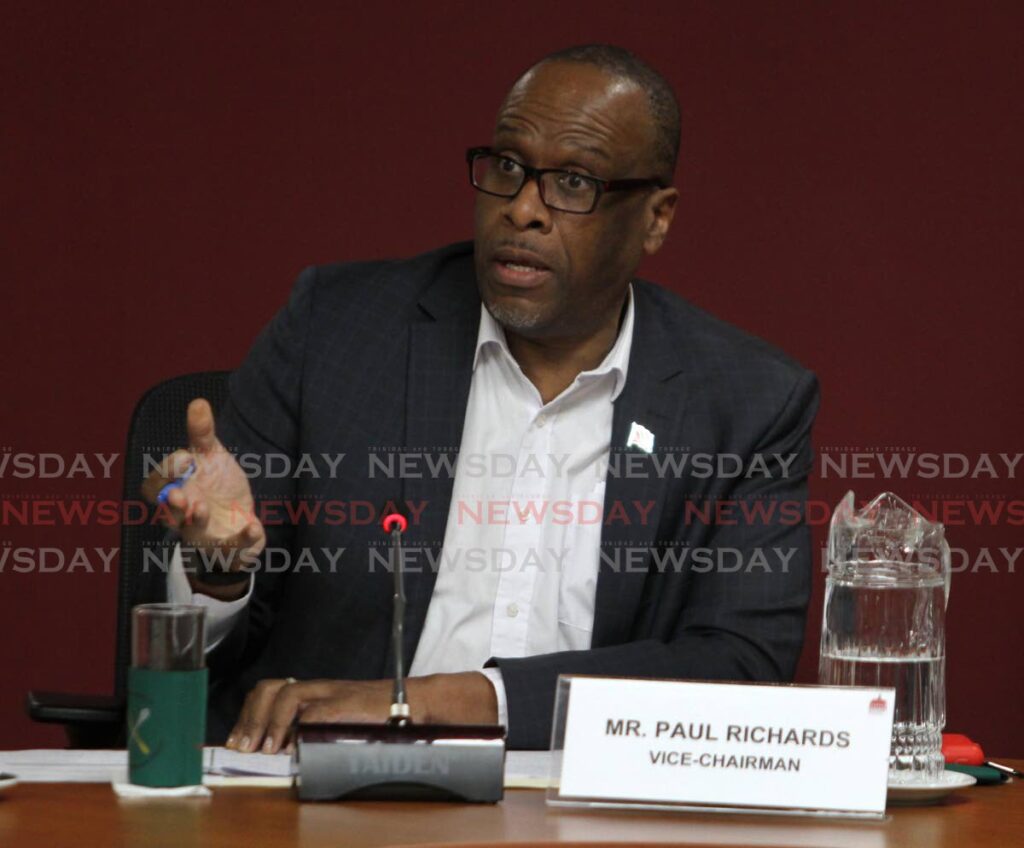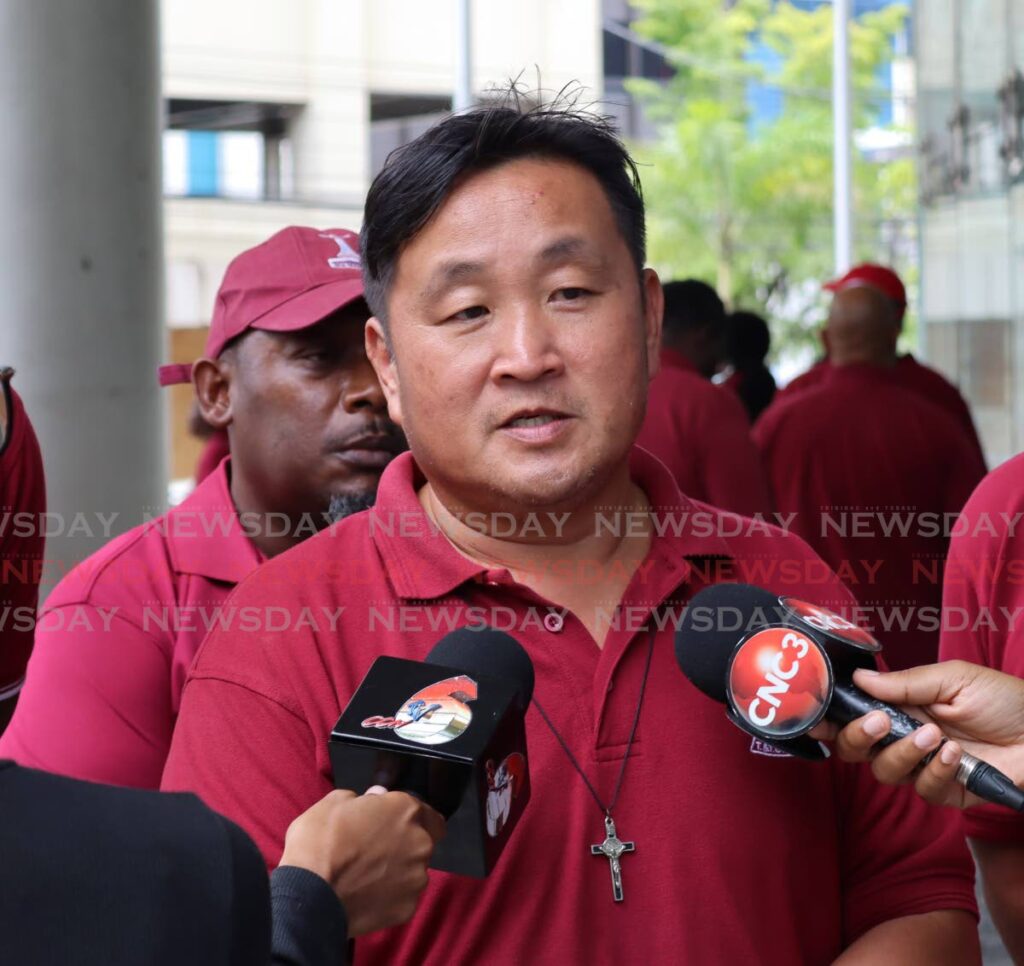JSC members: Who benefits from existence of 'elitist schools?'

MEMBERS of the Parliament's Social Services and Public Administration Joint Select Committee (JSC) examined the issue of "elitist schools" and who could benefit from their existence.
JSC chairman and Independent Senator Dr Paul Richards said one of the beneficiaries could be an unknown group of people who had been described as "the textbook mafia."
He made the comment during a public inquiry which the committee held with some education stakeholders at the Red House, Port of Spain on February 21.
Richards quoted excerpts from a report in the Barbadian media about recent comments by World Bank officials about the state of education in the Caribbean.
He said the bank believed the Caribbean education system could be "in a state of crisis" on many fronts if significant reforms were not implemented.
Richards added that those problems had existed for decades.
He said one of the problem areas was the creation of "elitist schools" and the disparity it creates within the education system in relation to other schools.
"The elite secondary schools maintain their privileged status through highly selective admission processes, failing to deliver the necessary competencies and perpetuating social inequity."
Richards said the statement by the World Bank was reflected locally in the long-running debate of the merits of prestige secondary schools over their government-assisted counterparts.
"Why has this situation persisted?"
TT Unified Teachers Association (TTUTA) president Martin Lum Kim agreed with Richards about inequity in the education system between prestige and non-prestige schools.
He said, "There are individuals or entities who will benefit from this level of stratification."
Lum Kin added the Secondary Entrance Assessment (SEA) examination was a means whereby parents decided what secondary school they wanted their children to go to.

"In having to place these children in the schools, you are now basically separating what they call the sheep from goats."
Lum Kin said some schools aimed to bring in students "who are of a certain performance academically together and then you are putting those who are seemingly under-performing."
Under the Concordat, he continued, denominational schools were allowed to chose 20 per cent of the students who sit SEA to be admitted to their schools.
"When you are putting the so-called high achievers in one school, what do you expect of them?"
Lum Kin said in contrast to students in government-assisted schools, their prestige school counterparts benefited from significant investments made to these schools from certain individuals and groups.
"When certain persons of financial status can also invest in their children. This is what is going to happen and those spectra who are not performing, you are lumping them into one school and you are not giving them the type of resources in order to bring them to a certain level of functional literacy."
Lum Kin said technical vocational schools had suffered from insufficient resources because some people were not willing to invest in them.
National Primary Schools Principals’ Association president Monique Scipio-Daniel claimed SEA had moved from an examination to give students an equal chance to enrol in the school of their choice to one which gave some students an advantage over others.
She said that was reflected in changes in the types of questions in different parts of the exam.
Richards said, "This is a recipe for inequality."
Opposition Senator David Nakhid asked who was benefiting from the situation.
Lum Kin identified people who wrote mock exam papers and sold them to schools, book sellers and book publishers, people who were not teachers who gave private lessons as some potential beneficiaries.
While Lum Kin claimed politics could be involved in the situation, he did not elaborate and JSC members did not ask him to.
Referring to his contribution to a budget debate in the Senate in 2022 in which he thanked Finance Minister Colm Imbert for making $1,000 grants available to students in need, Richards said comments made during the JSC meeting reminded him of his own concerns back then about a group he described as the "textbook mafia."
In that debate, Richards claimed the group profited financially from selling different books on the same subject each term while not allowing the passing down of old textbooks from one student to another.
"It seems it is the one of the strongest mafias in the world. It seems impenetrable."
Association of Principals of Public Secondary Schools first vice-president David Simon did not believe there was a situation where some schools were sitting on a golden egg when it came to resources and others were not.
He said all schools had challenges obtaining resources that could help their students' academic performances.

Comments
"JSC members: Who benefits from existence of ‘elitist schools?’"